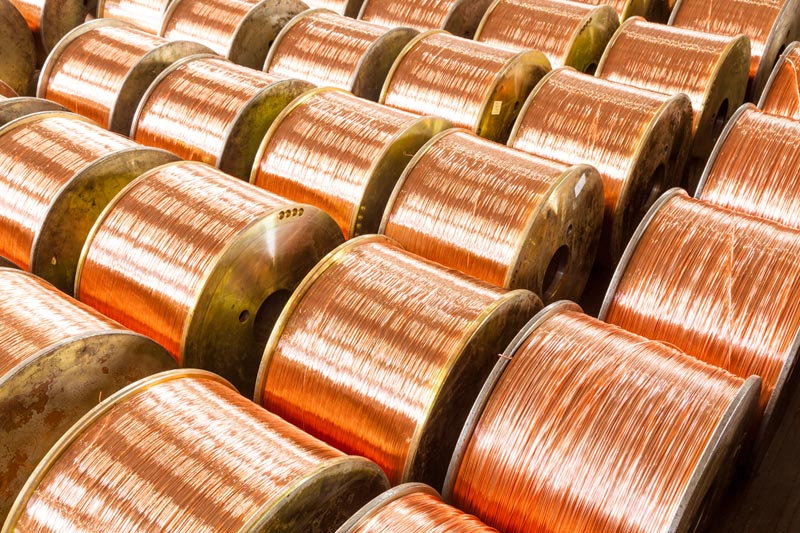Investing.com — Gold prices moved little in Asian trade on Tuesday as investors awaited more cues on U.S. monetary policy and inflation this week, while copper ticked higher amid bets on more government spending in major importer China.
The yellow metal still retained its $1,900 an ounce support level as a substantially weaker-than-expected report dented the and spurred hopes that the Federal Reserve was close to ending its rate hike cycle.
But Fed officials said that the bank would still need to raise rates in the near-term to combat overheated inflation. Markets are widely pricing in an at least by the Fed later in July.
Rising interest rates bode poorly for metal prices, given that they push up the opportunity cost of holding non-yielding assets. This notion battered gold prices through 2022, and kept them trading in a tight range for most of 2023.
steadied at $1,925.14 an ounce, while were flat at $1,930.55 an ounce by 20:09 ET (00:09 GMT).
CPI data, Fed speakers on tap this week
Metal traders are seeking more cues from key U.S. data due on Wednesday, to gauge how much further inflation eased through June. But while overall inflation is expected to have eased, inflation is still expected to remain high, likely inviting a hawkish rhetoric from the Fed.
A slew of Fed members are also set to speak this week, including and . Members of the central bank have so far echoed Fed Chair Jerome Powell’s stance that more rate hikes are still needed to bring down sticky inflation.
Powell had flagged at least two more hikes this year – a scenario that heralds more pressure on metal markets. But rising rates are also expected to weigh on economic growth, which in turn could fuel some safe haven demand for gold.
Copper buoyed by China stimulus hopes
Among industrial metals, copper prices rose slightly on Tuesday as a series of weak economic indicators from China spurred bets on more government stimulus measures in the world’s largest copper importer.
rose 0.2% to $3.7952 a pound.
Data on Monday showed that China was on the , amid worsening economic conditions in the country. But this also drove up expectations that the government will roll out more emergency spending measures to shore up growth.
The People’s Bank of China on Monday extended financial support for the struggling real estate sector until the end of 2024, as it moves to buoy the country’s biggest economic engines.
Read the full article here
